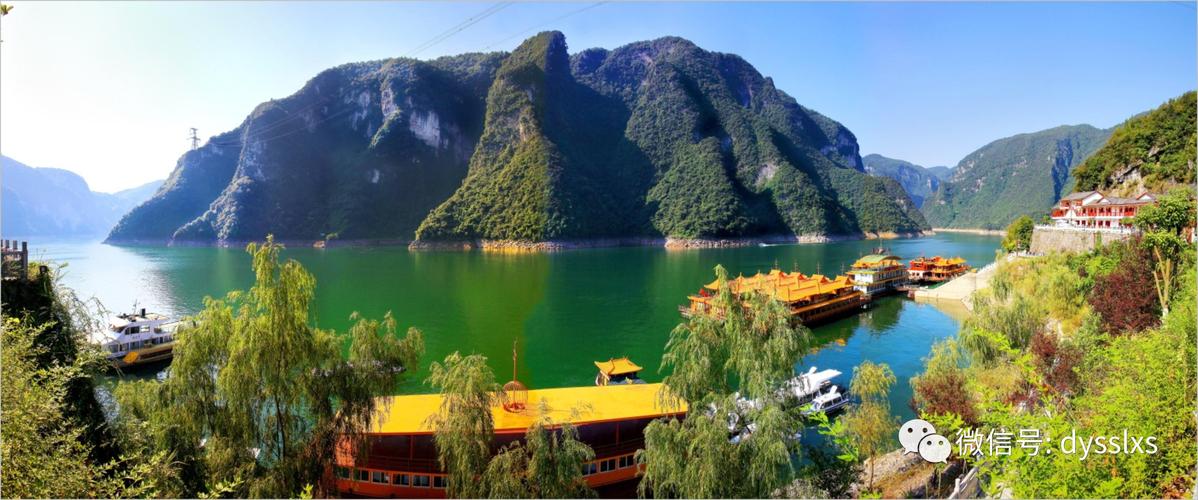The Media has always played a crucial role in shaping popular culture across the world. It has created an undeniable impact on the trends and thoughts of people, influencing their lifestyles, beliefs, and choices. In this article, we will explore five key factors that explain why the media plays such an important role in shaping popular culture.
Factor 1: Mass Communication
The Media is a powerful tool of mass communication that can reach millions of people within seconds. It is capable of creating trends and controlling what people watch or read. It utilizes various platforms, such as television, social media, newspapers, and magazines, to communicate its message and influence the masses. For instance, the rise of social media platforms such as Twitter, Instagram, and TikTok has significantly affected the fashion and beauty industry, with social media influencers dictating what is fashionable and trending.
Factor 2: Agenda Setting
The media is responsible for setting the agenda and directing public opinion on various political, social, and cultural issues. Through its coverage, it influences people’s perceptions and beliefs, creating a framework of what should or should not be important. It can choose to highlight certain topics and ignore others, creating a false narrative and directing public discourse in specific ways.
Factor 3: Consumer Culture
The media has a direct impact on consumer culture. It influences the purchasing decisions of individuals by defining what is trendy, cool, or fashionable. The media creates a compelling narrative around particular products, creating a demand for them, and driving consumption trends. For example, Apple products have been propelled to the status of a must-have gadget, all because of the advertising campaigns and media coverage surrounding them.
Factor 4: Celebrity Culture
Another key factor in how the media shapes popular culture is the focus on celebrity culture. This focus is evident through the use of celebrity endorsements, media coverage of celebrity lifestyles, and the creation of reality TV shows that document the lives of celebrities. Despite the criticism that celebrity culture receives, it is integral to shaping popular culture.
Factor 5: Cultural Homogenization
Finally, the media plays a vital role in cultural homogenization. Through its widespread reach, it creates a shared understanding of popular culture across different regions and countries globally. The media also creates an opportunity for people across the world to communicate and share ideas, contributing to the explosion of the internet as the most significant platform for this exchange.
In conclusion, the media’s role in shaping popular culture cannot be understated. Its influence extends beyond the entertainment industry to politics, social issues, and consumption patterns. This influence is a result of its capacity to mass-communicate ideas and its ability to direct public opinion and discourse. The five key factors outlined in this article provide a comprehensive understanding of the media’s impact on popular culture. As we continue to rely on the media for news, entertainment, and information, its role in shaping our culture will remain dominant for years to come.
(Note: Do you have knowledge or insights to share? Unlock new opportunities and expand your reach by joining our authors team. Click Registration to join us and share your expertise with our readers.)
Speech tips:
Please note that any statements involving politics will not be approved.
